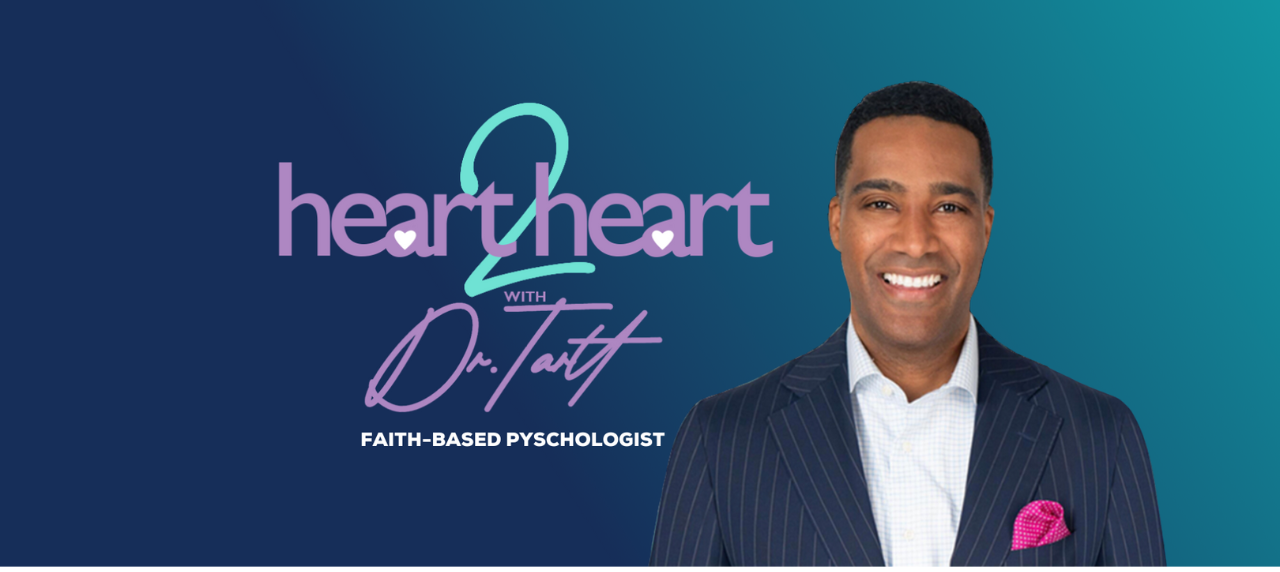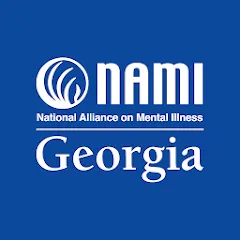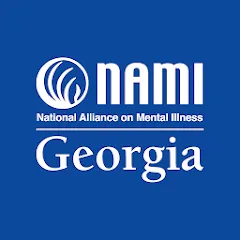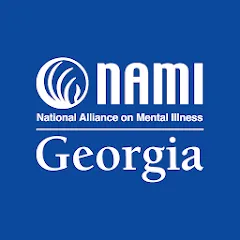
Come Walk With Me For Mental Health Awareness For NAMI Georgia Oct 4, 2025 at Alliance Park
I’m reaching out to you personally because this cause is close to my heart—will you walk with me, donate, or both to support mental health through NAMIWalks Georgia?
Your support—whether showing up to walk on October 4th or giving $25, $100, or more—can be the difference between a family feeling abandoned or finally finding help. Together, we can say to every Georgian: You are not alone. Come walk with me, friends and donate.
Donate and/or Get More Details On Joining Me For NAMI Walks Georgia Oct 4th



